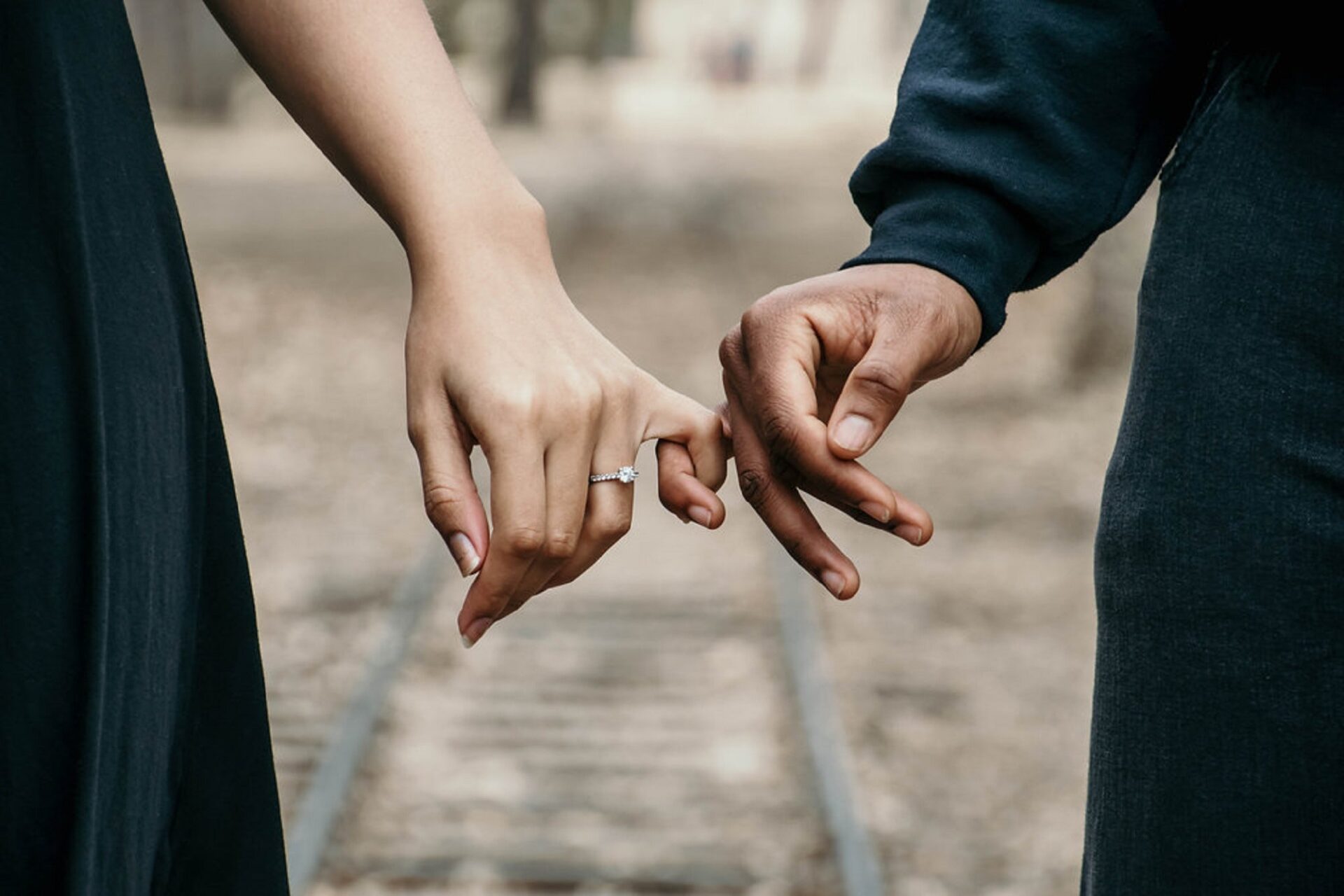
What does a healthy relationship look like?
THIS ARTICLE HAS BEEN WRITTEN BY REGISTERED PSYCHOLOGIST, LUCY BYRNES, FROM UNE COUNSELLING AND PSYCHOLOGICAL SERVICES (UNE CAPS).
Before we consider what a healthy relationship looks like, it might be worth considering what an unhealthy or toxic relationship looks like.
A toxic relationship can include some or all forms of domestic and family violence. This means physical abuse (such as punching, pinching, or slapping), sexual abuse (any form of forced or unwanted sexual activity), financial abuse (such as some form of money control), emotional abuse (taking away independence, self-esteem, and confidence), verbal abuse (like name-calling), stalking or harassment. Domestic and family violence usually runs in a cycle (tensions building, then an incident, before reconciliation and then a false calm) and it can get worse over time. Those things are never okay and there is support if you find yourself in a relationship with one or more of those things.
But unhealthy relationships don’t just have to be about one person controlling the other one.
You might just avoid speaking up in your relationship(s) because you don’t want to rock the boat, or maybe you are a people pleaser and the other person doesn’t have a clue how you feel or what you think because you always say that you agree with them even if sometimes you don’t. The end result is that your needs, and maybe those of the other person as well, might not be met within the relationship.
A healthy relationship, whether it be with family, friends, work colleagues, or peers is one where you are free from fear or harm to say how you feel, what you think and to be your authentic self. This might mean trying to be a bit more assertive with things like what you want to do outside of study or talking about the sorts of things you like to do. There is an option between being a doormat and being an aggressive person; it is somewhere in the middle, which is being assertive when you need to be. Being assertive looks like direct, honest, calm, and respectful communication. It can look like not making promises you won’t keep but, instead, following through on things you said you would do. Or giving an honest explanation if you can’t keep a commitment. Assertiveness is also being aware of the other person’s needs and considering these when stating what you need. There are no mixed-messages, no emotional guilt trips, no raised voices, no lies, and no false promises. Healthy relationships are where those in the relationship try to resolve vs create problems.
In terms of intimate relationships, there is a distinct contrast between a passionate, all-consuming, new relationship and a mature sort of love – this latter kind of relationship has moved on from the new or honeymoon stage and is a blend of friendship, sexual desire/physical attraction, companionship and commitment. A mature intimate relationship is one where both or all parties have lives and interests separate to the relationship, and while the balance between coming together and having some distance might be a challenge at times, it is one that all parties are committed to addressing. Sometimes a relationship may become unhealthy or mismatched because one person wants the relationship to move into a more mature one, but the other person isn’t seeking that.
Communication is key in any kind of relationship; friends, colleagues, lovers. Something we often talk about with couples is love ‘languages’ (look up Gary Chapman if you want more info). One person suffers through dinner with the other person’s family, for example, not because they want to but because it’s important to the other person and they love them. The other person might be hurt because their partner doesn’t say the words ‘I love you’ – in both cases, they are communicating love but it’s like one person is speaking French, the other Russian. If you know how you feel love (what sort of language), it might be worth communicating this to your partner, and finding out what type of ‘love language’ they speak. Does your partner appreciate the time spent together doing nothing much, or would an ‘I’m thinking of you today’ text message speak to them more?
So what kind of friend or partner do you want to have? Don’t think about height or hair colour, but what qualities are you attracted to? Perhaps more importantly what kind of friend and partner are you to others? A loyal one, a funny one, a caring one? It is valuable to consider this second question first. It is no good expecting your partner to be open, honest and loyal in the relationship if you yourself are closed, don’t speak up and are always looking over their shoulder at what else is on offer!
If you want someone to chat to about healthy relationships, how to communicate assertively, or how to recognise and move away from toxic ones, give CAPS a call.
UNE students can access free counselling through UNE Student Counselling and Psychological Services (CAPS). They are fully qualified and registered psychologists, offering on-campus appointments and phone/video chat sessions for online students. The service is confidential and free for UNE students.
You can contact them Monday- Friday, 9am-4 pm, on (02) 6773 2897.
For more urgent assistance, UNE offers After Hours Support on weekdays from 4.00pm to 9.00am AEST, weekends and public holidays. Phone 1300 661 927 or text 0488 884 169. Alternatively, you can contact Lifeline on 13 11 14.
If you have concerns about how stress and mental health are impacting your studies, contact Advocacy & Welfare on (02) 6773 3116 or at advocacy@une.edu.au.
You’re never alone at UNE!


